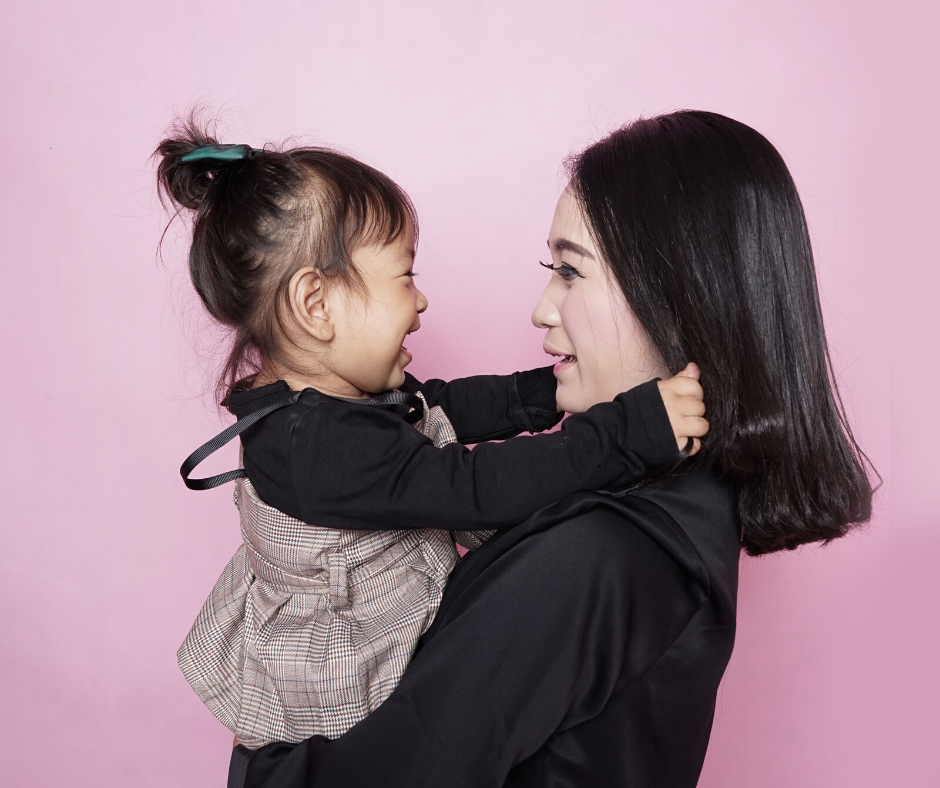All names with a * are pseudonyms as requested.
 Across the state, school systems closed suddenly last week because of the COVID-19 outbreak. The closing of everything from preschools to universities leaves millions of working parents with the problem of how to deal with having their children home. I interviewed a number of women with children of varying ages from a variety of fields of work including nurses, a university professor, teachers, and researchers to see how they and their children are coping with the shutdown. The children attend schools in Chapel Hill/Carrboro Public Schools and Carolina Friends School in Durham.
Across the state, school systems closed suddenly last week because of the COVID-19 outbreak. The closing of everything from preschools to universities leaves millions of working parents with the problem of how to deal with having their children home. I interviewed a number of women with children of varying ages from a variety of fields of work including nurses, a university professor, teachers, and researchers to see how they and their children are coping with the shutdown. The children attend schools in Chapel Hill/Carrboro Public Schools and Carolina Friends School in Durham.
There are many pieces of good news to report. Parents reported that schools across the board did a good job of communicating with them about closings and provided their children with work folders and/or online activities to get them through the first week while the teachers set up their online learning. Most parents created a daily schedule for their children to follow and checked in on them on an hourly basis. The schedules typically included hourly check-ins, time for outdoor play, and creative exploration in addition to academics. In Camille’s family with two elementary-aged girls, the children made their own schedule and have followed it. *Renee’s children are working on Scout merit badge projects or learning to use Photoshop.
Both the local public school and private school systems are supposed to start distance learning soon. Parents are hopeful that once the children get used to the online system, it will provide some respite as the children attend virtual classes. The one aspect all parents reported without exception was that they are allowing their children a lot more screen time than normal in order to get their own work done, although none were happy about it.
Overall, parents and children are not overly anxious about getting the virus. The only anxiety reported was concern about whether their grandparents or immunocompromised friends become ill with COVID-19. Parents used a variety of ways to explain the science of germ spreading to their kids according to age. The local elementary school sent parents a cartoon to help their children understand the basics of the disease and how to help. One family used some of the infographics and charts available online to help their children see the results of countries that practiced social distancing vs. those that did not. Another family is using mindfulness breaks and others are focusing on beauty in the natural world to reduce stress.
The biggest problem for parents was the amount of work they were having to do to help occupy their children as well as the number of interruptions. Parents reported being able to get about 75% of their work done but having to work into the night in order to be able to do so. For the professor and the teachers interviewed, trying to move their entire curriculum to an online platform with little support other than tutorials has been a challenge. It takes time to download the extra software necessary and learn to upload classes. And of course, teachers have to find new content when their subject does not translate easily to online teaching. Joanna, a music teacher, said, “I’m making videos and have online resources, but of course we can’t play instruments as a group or do a lot of the other in-class activities I normally do.” Kate, a middle school math teacher and mother of a one- and four-year-old, commented, “Because I’m a teacher and am expected to hold online class each day at the same time, it’s hard to be fully present for my students with my kids running around and needing me.” She also reported not being sure how she will be able to help students on a 1:1 basis who are having difficulty. She and her husband are tag teaming care for their children, but sometimes they both must work simultaneously. Employers are generally being reasonable about understanding that their employees are working at a disadvantage, but the work still needs to be done.
Candy*, a solo practicing psychologist married to a nurse, has had a lot to deal with. She has two elementary-aged children and her husband has been called in to work at the hospital regularly while she has been trying to maintain her business. There does not seem to be an easy solution. She offered, “Being self-employed, I am feeling very stressed as a business owner and sole employee, trying to make the best decisions for my business and my clients while also holding the needs of my children and household.” Jill*, a kindergarten teacher, added, “This is a serious learning curve. We are trying to do school work because there is really nothing else to do [no friends to visit, no regular activities, nothing]. It is supposed to be spring break but we’re continuing with school because it will help keep us organized and not at loose ends. I’m not getting anything done this week because there are questions with the school work.”
A nursing administrator at Duke, Kathryn has had to work more hours. She is working with her nursing staff on training for dealing with COVID-19 in pediatric patients. Her husband has been able to pick up much of the slack.
Overall, these parents expressed a resigned attitude toward the situation. They know they have to deal with it and muddle through, but they are all experiencing stress as a result. A note about the group I interviewed is they are all professionals and have spouses with whom to share the burden. Considering the stress these families are experiencing, one can imagine how single parents are coping. We are learning a new normal. We can only hope that employers understand that, as a country, we are all doing the best we can as we are all in this together.
 Anna Lynch is a “writer, educator, and champion for all things women.”
Anna Lynch is a “writer, educator, and champion for all things women.”

There are no comments
Add yours